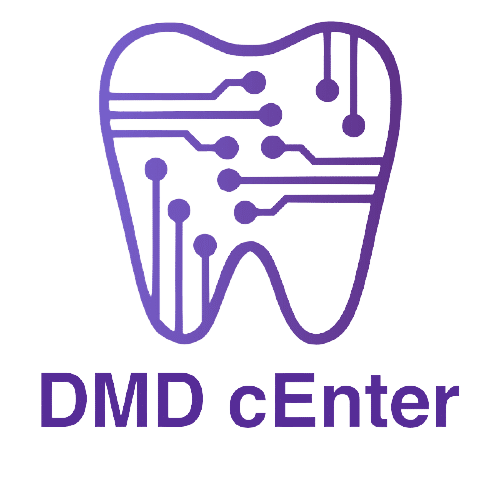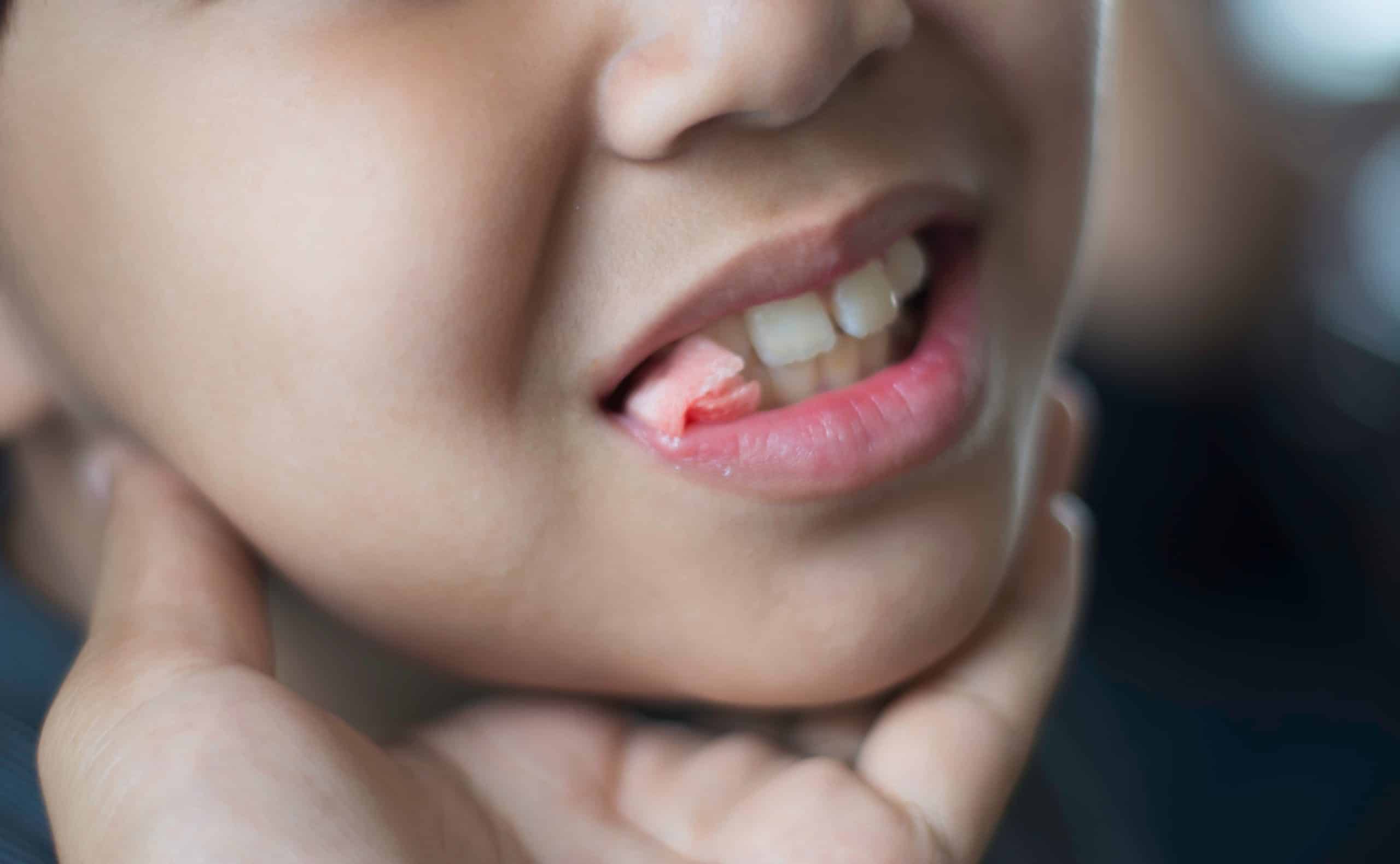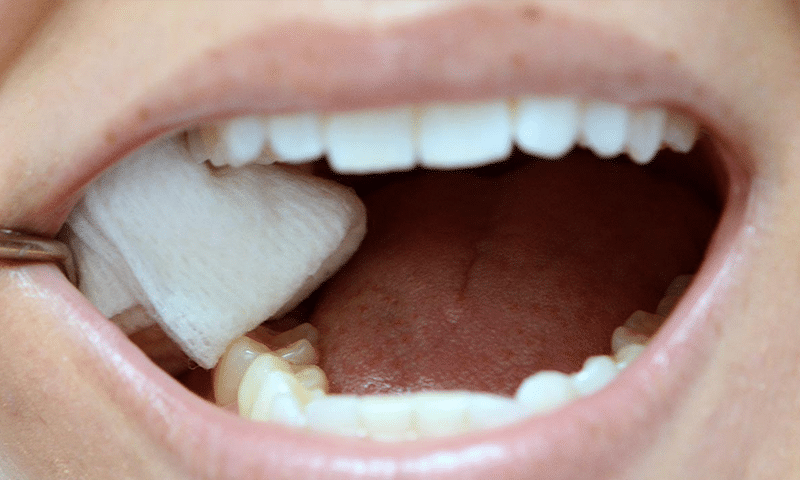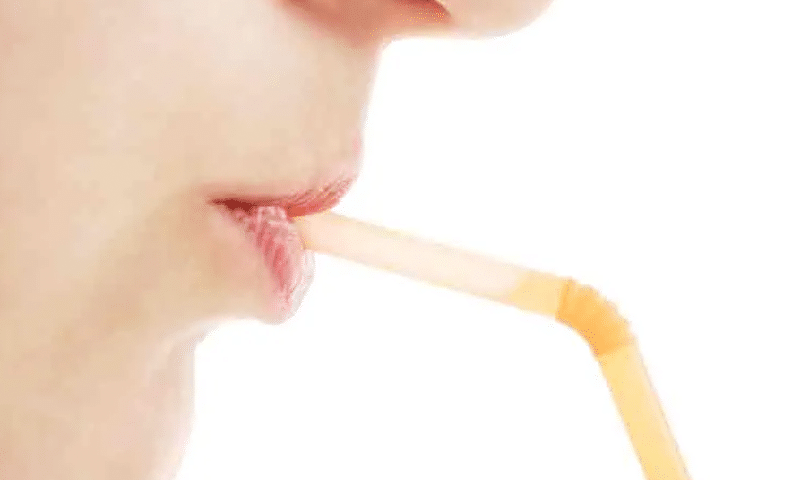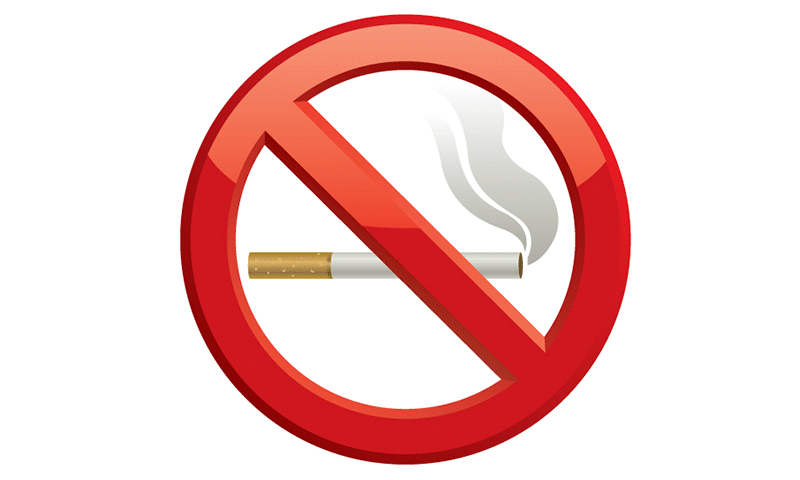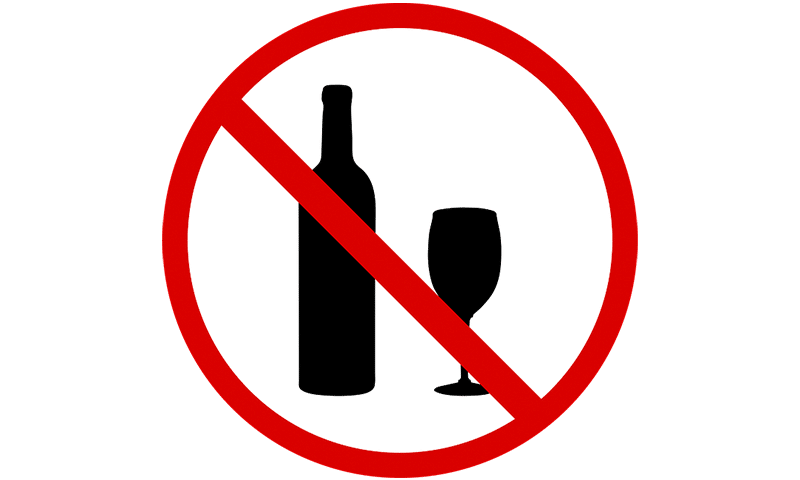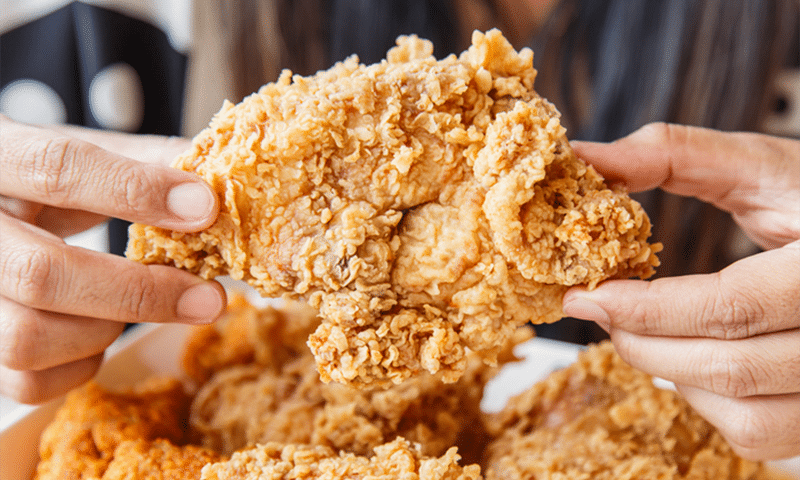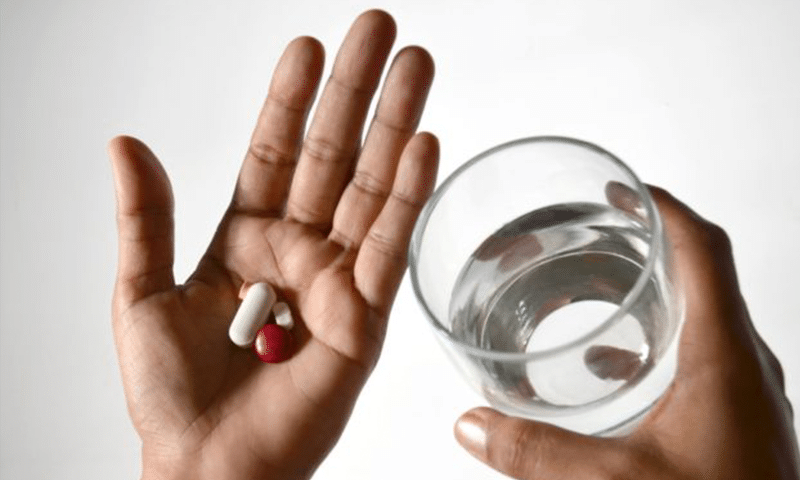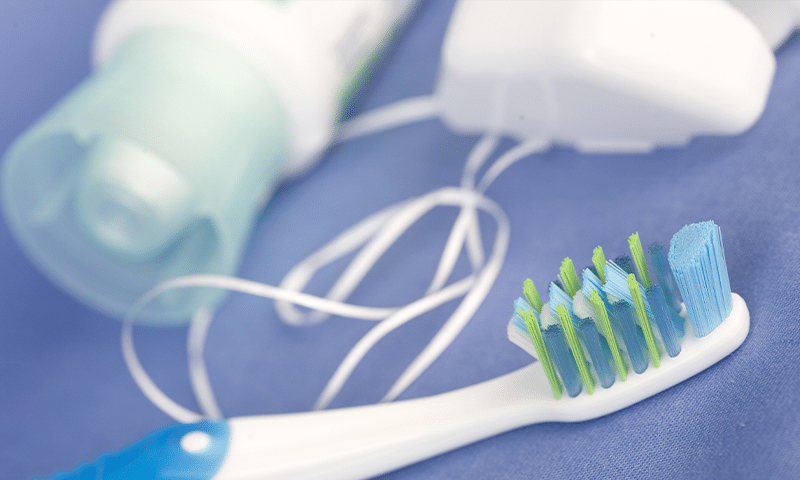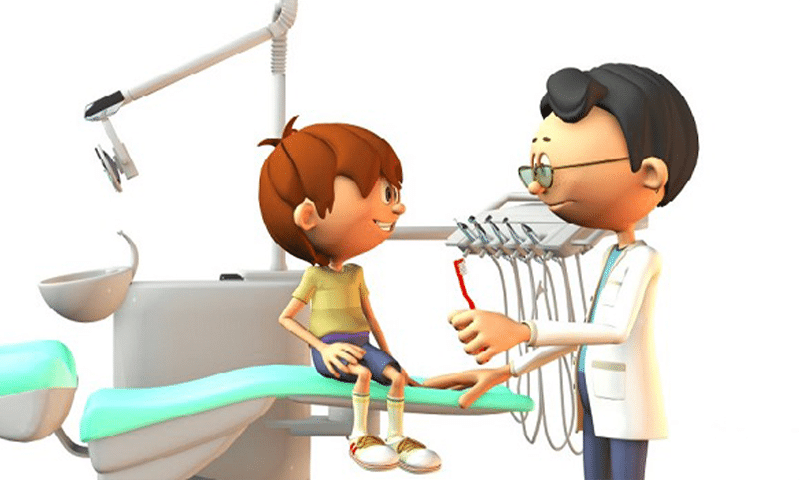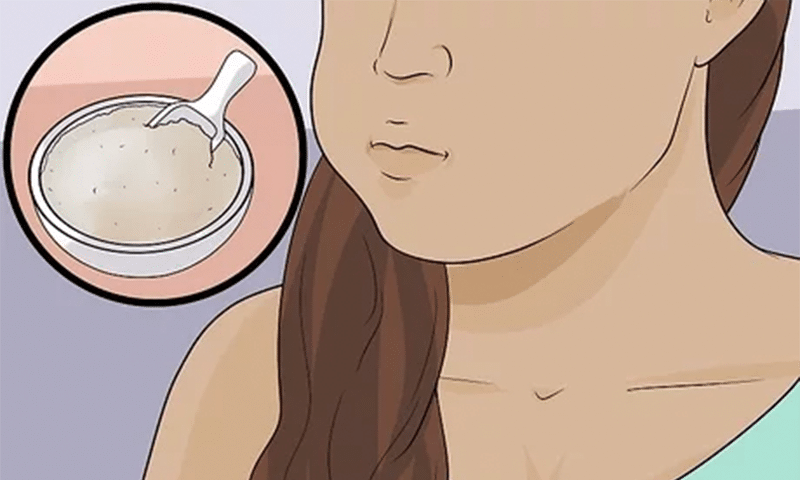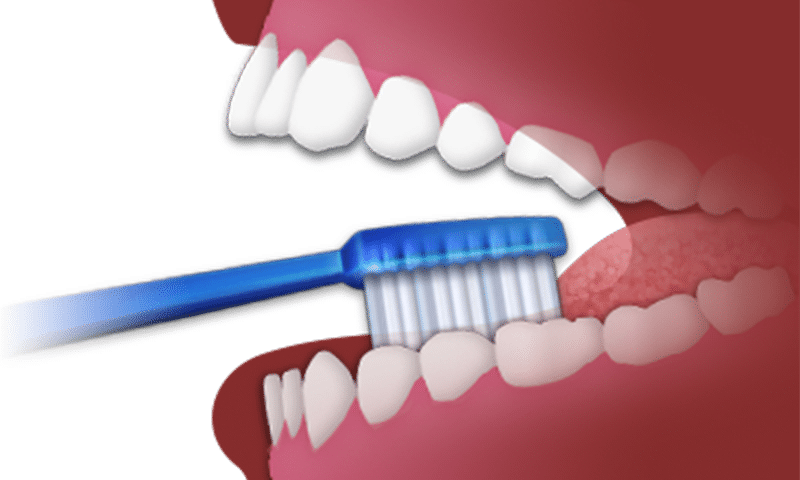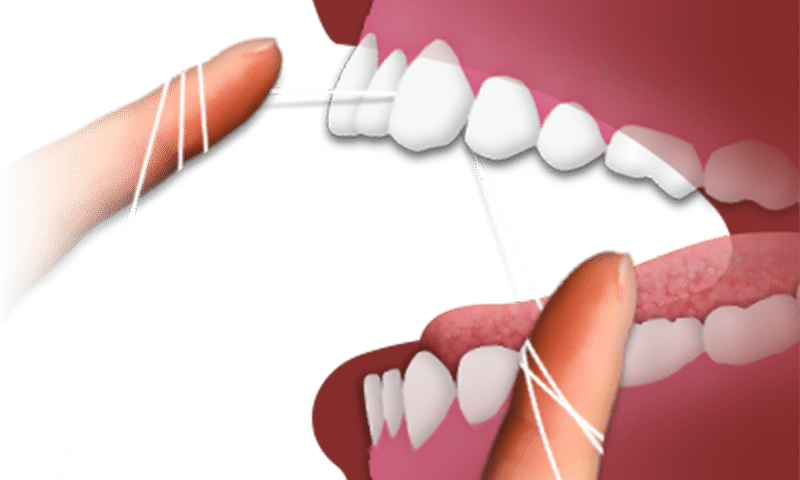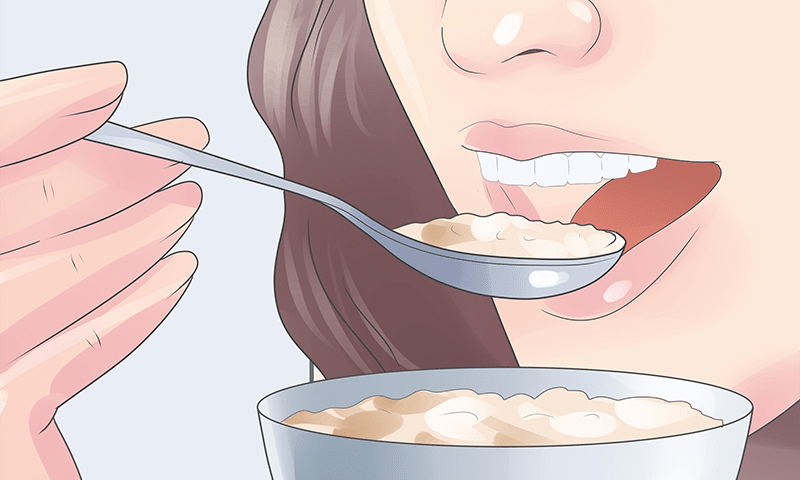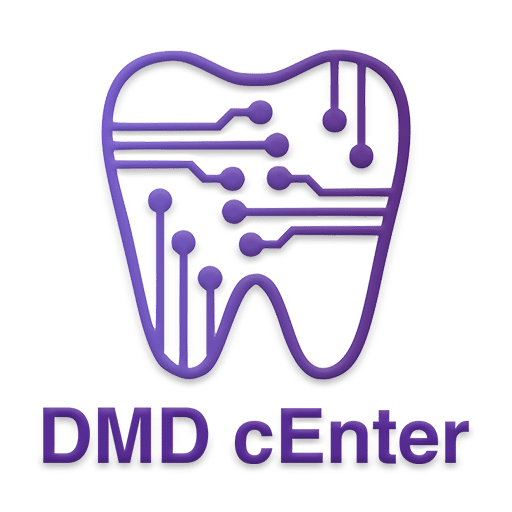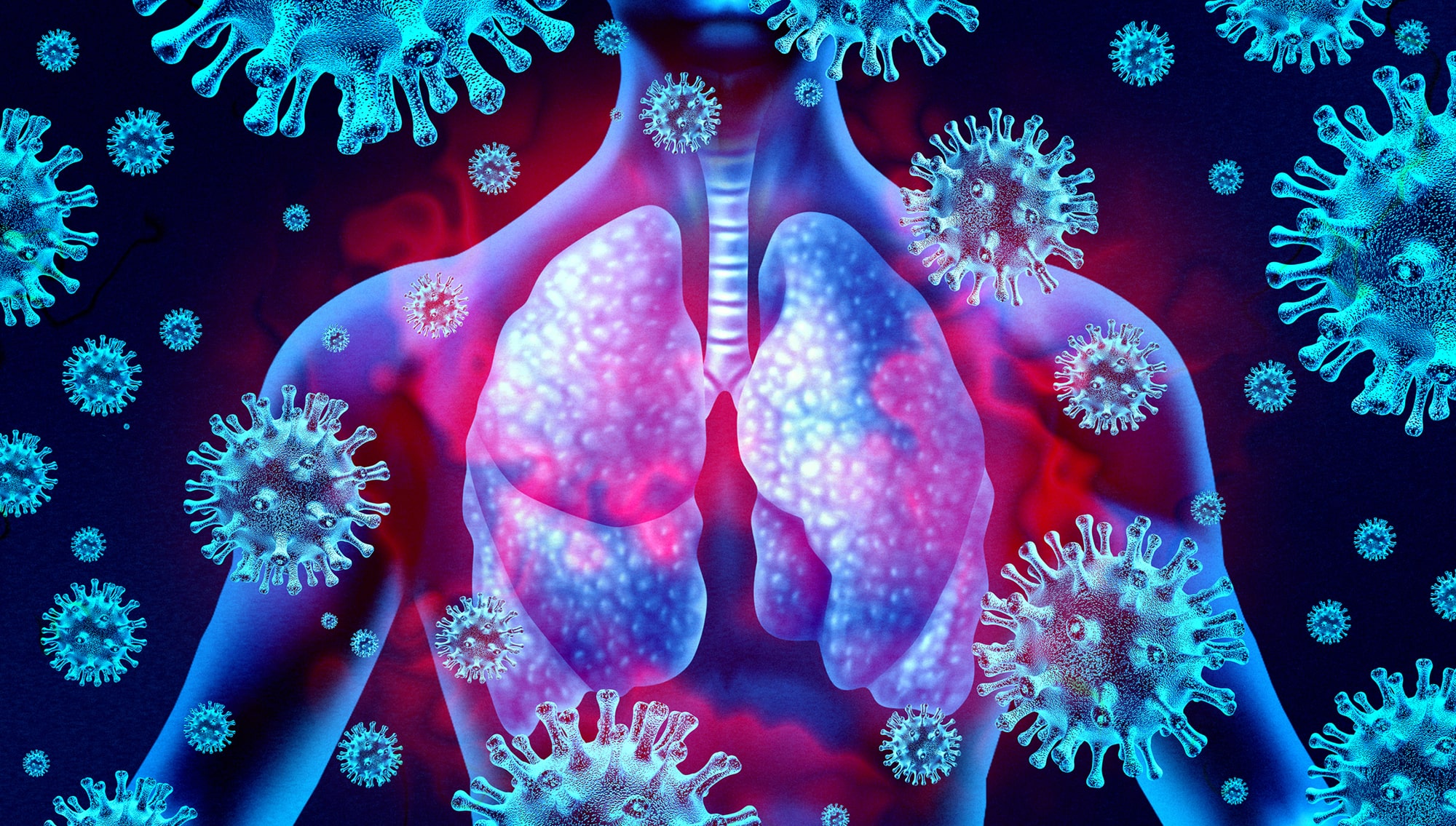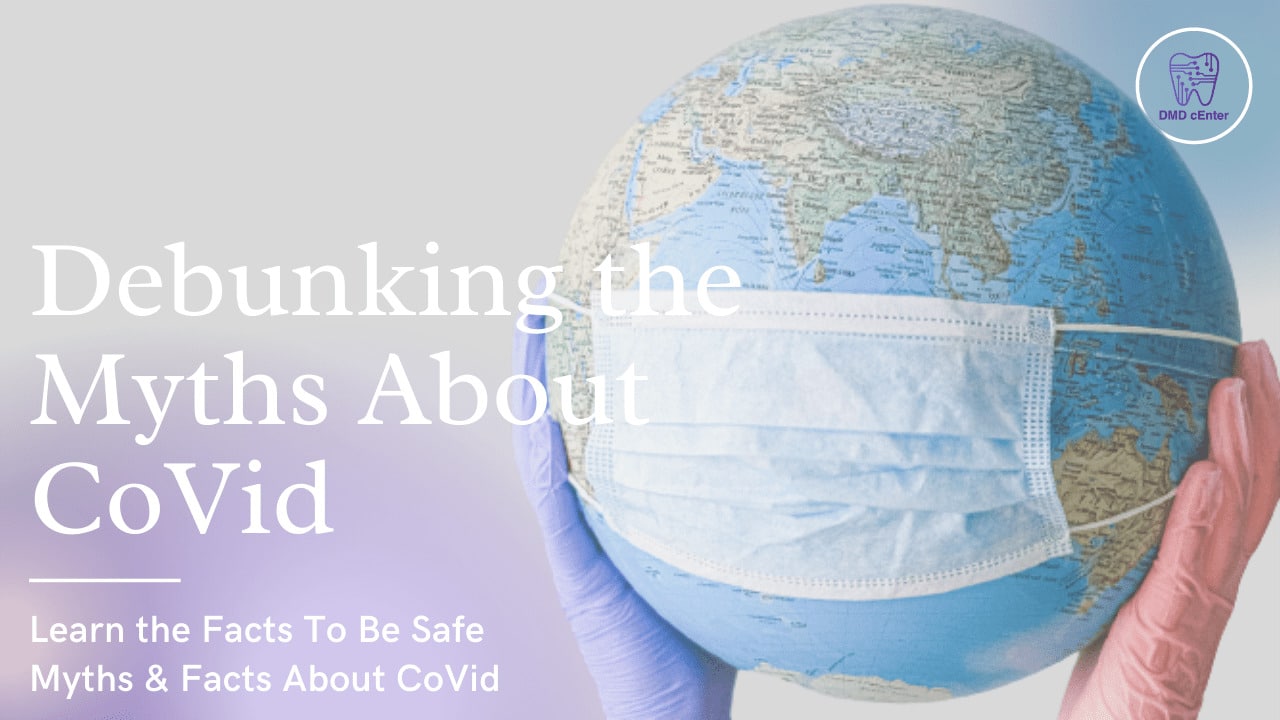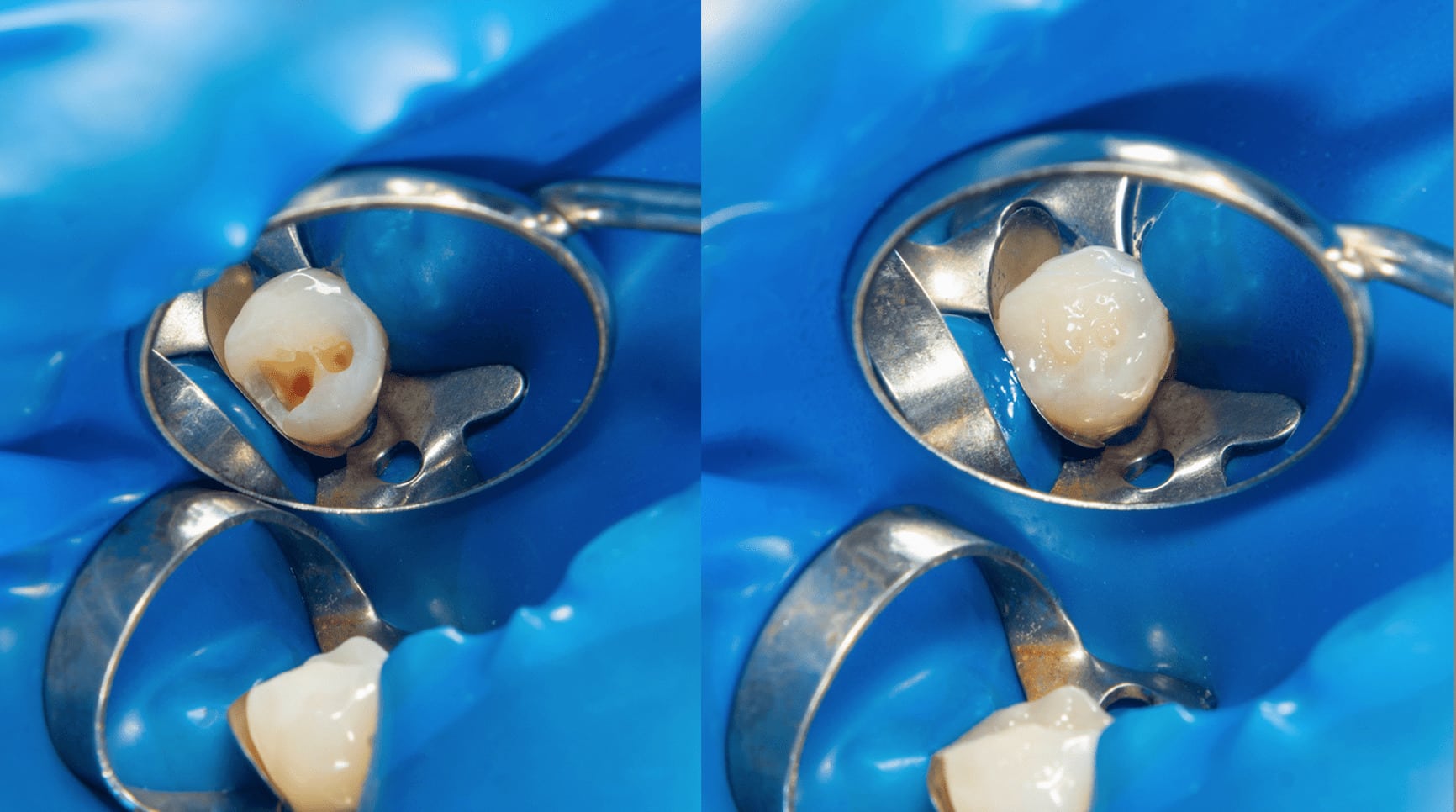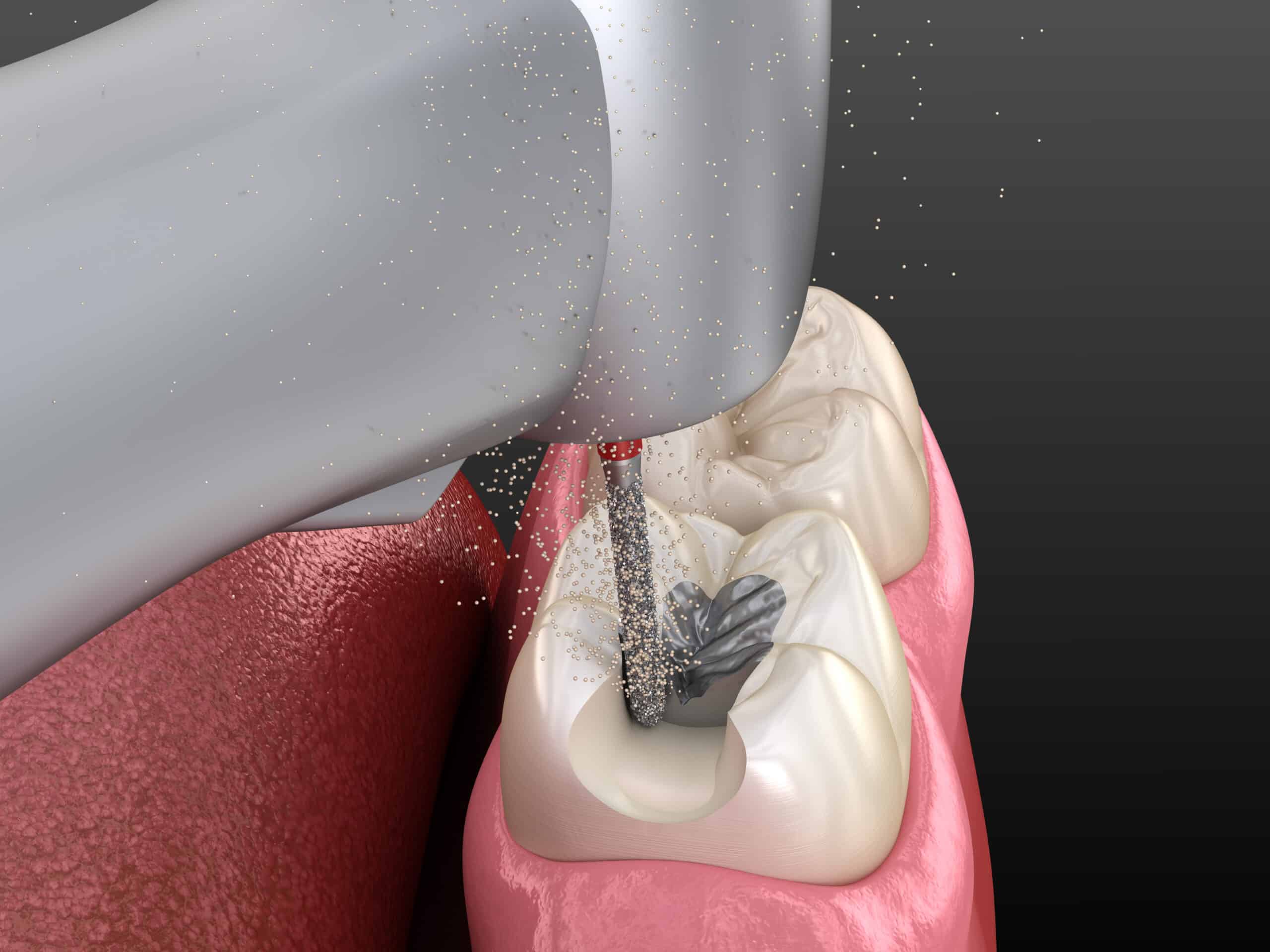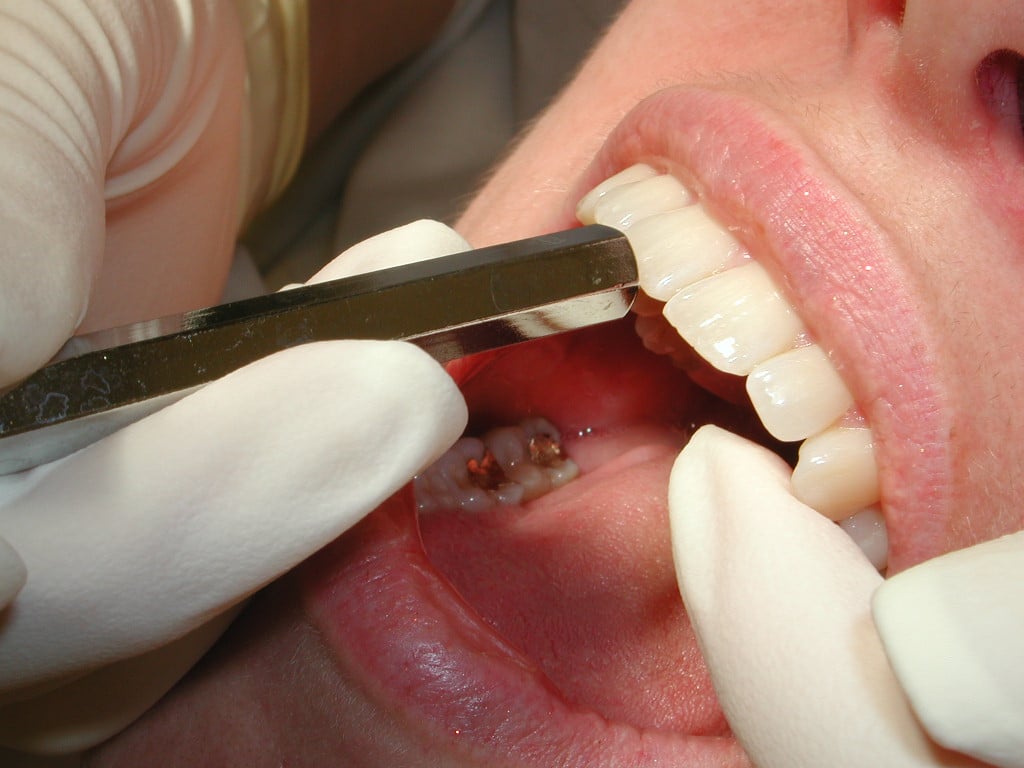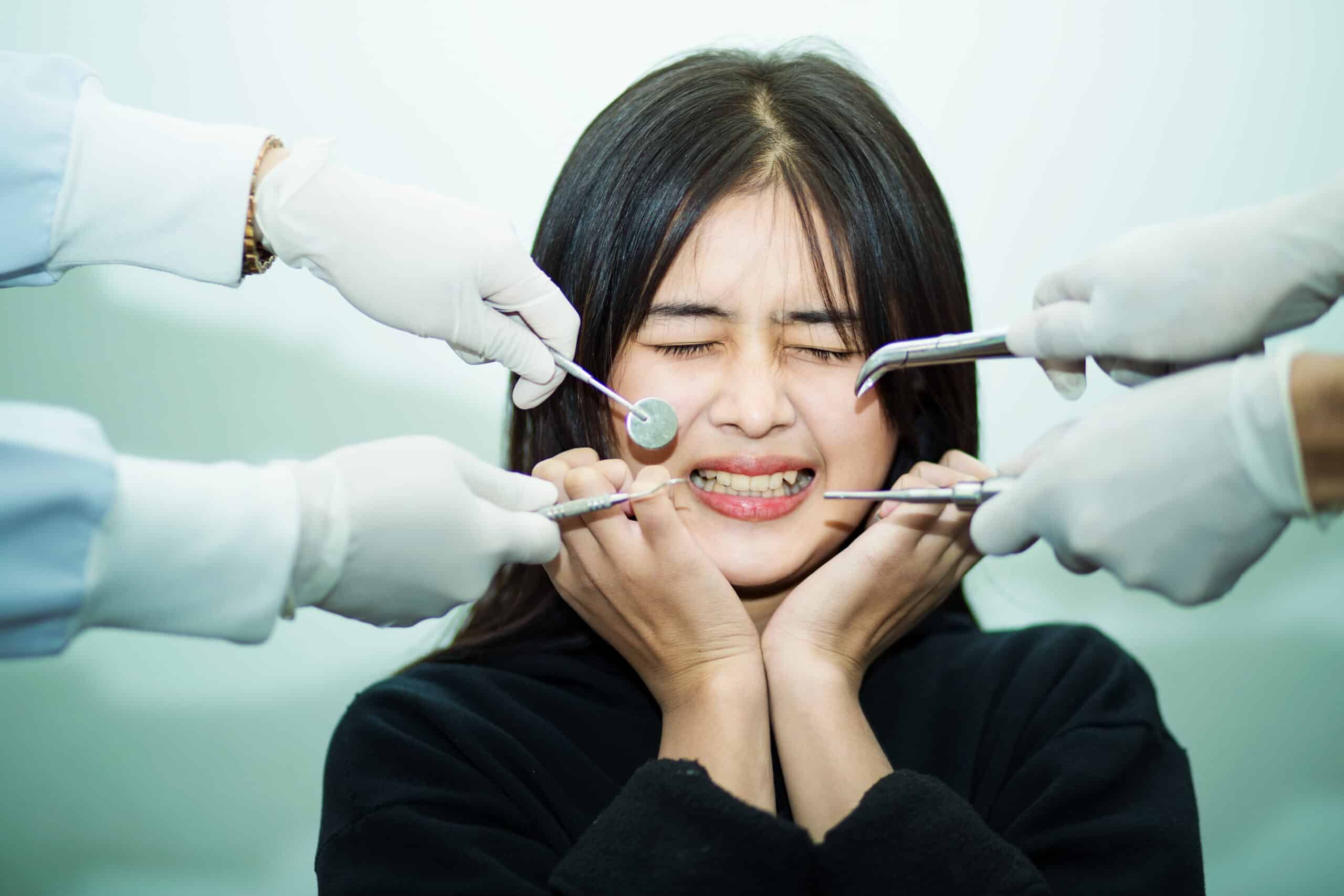WHAT DO YOU DO AFTER TOOTH EXTRACTION SO YOUR WOUND WILL HEAL FAST AND YOU HAVE LESS DOWNTIME TO GO BACK TO YOUR NORMAL ACTIVITIES?
As a whole, tooth extraction is considered to be part of dental or oral surgery done to remove your tooth if it cannot be save anymore. This is either performed by general dentists or oral surgeons. In complicated cases like wisdom tooth which can lead to certain difficulty on its removal, it is best that you have it executed by an oral surgeon who are specialists on that field. It is also important to take note that before having your tooth extracted, discuss extensively with your dentist other possible alternative treatments that can save your tooth first. Saving your tooth must always take precedence before cost, that’s my best advice as a dentist myself.
The healing process of your wound varies depending on many factors. Some heals faster than others. There are idiosyncrasies that do exists as each of us are unique on its own and our body may react depending on its condition, situation and treatment process we have undergone. The healing time may vary but pain generally at a maximum disappears in around 3 days at a worse case scenario without actual complications. If you go more than that, then, it is time for you to call your dentist.
The one thing patients need to understand is that one of the critical goals we want to achieve in order for your wound to heal fast after tooth extraction is caring for the blood clot not to dislodge from your tooth socket as this is the key to the healing process, and helps prevent painful complications such as the condition called dry socket.
A blood clot is the natural response of our body to form when there’s a wound to stop the bleeding on the area of your tooth socket where your tooth used to be, and after tooth extraction, this happens within 24 hours. As the clot forms, your body will start forming a granulation tissue to cover your wound. And, this tissue often appears a creamy white color and consists of collagen, white blood cells, and blood vessels.
If the natural healing process gets affected by what we do after extraction, we may experience extreme pain and discomfort that maybe a sign of infection or dry socket condition. A dry socket is one of the most common complications after tooth extraction and this occurs when the blood clot that should form over your tooth socket either fails to develop or falls off before your gum fully heals. Thus, here’s DMD cEnter’s simple guidelines for you to follow, so, you can avoid complications after tooth extraction, for your wound to heal fast and your treatment results to success for the next step to restore by your dentist.
I. 1-2 Days
➢ Rest Well and Elevate Your Head - Allow your body to recover and you can give license to yourself to really rest at least within 24 hours after your tooth extraction. And, do keep your head prop with pillows when you lie down to create good blood flow to your head, reduce the swelling of your face and mouth and reduce excessive bleeding after your surgery.
➢ Apply Cold Compress - Putting ice pack or towel-wrapped bag of ice on the area for 10–20 minutes at a time may help dull pain and reduce swelling. Alternate icing of 10-20 minutes on and 10-20 minutes off is the recommended way of application.
➢ Replace the Gauze - In general, your dentist will place a gauze on the area where the extraction is done for you to bite after the treatment. Your dentist may instruct you to let it stay for a few hours to allow the clot to form, so, it is good to replace this as often as necessary.
➢ Avoid Gargling or Mouth Rinsing - Majority of us would really be tempted to gargle or rinse often after tooth extraction to remove this after bloody-like taste or to feel clean, but, gargling, swishing, or rinsing may dislodge the clot being formed and affect the healing time of your wound.
➢ Avoid Spitting - Pressure is created when we spit, so, when you do this it may dislodge the blood clot.
➢ Avoid Using Straw When You Drink - Just like spitting and rinsing, using straw builds pressure as well that may dislodge the blood clot.
➢ Avoid Blowing the Nose and Sneezing If Possible - Of course, there are times you need to sneeze or blow your nose if needed, but, if you can prevent it try not to as similar to gargling, spitting, and using straw, blowing your nose or sneezing can create pressure in the head that may dislodge the developing blood clot.
➢ Avoid Smoking, If You Are A Smoker - In general, smoking is not a good habit to have, however, smoking besides not good for your health will create an action that’s also similar to using straw while drinking.
➢ Avoid Alcoholic Beverages - Like smoking, drinking alcohol is not good for your health especially if not done in moderation. Drinking alcohol within 24 hours after extraction or during the time you are taking medicines like antibiotics prescribed by your dentist may interfere with the effect of your medicines.
➢ Avoid Hot, Hard and Crunchy Food and Hot Beverages - For food, hard or crunchy kind like popcorn in the area where extraction is done should be avoided for at least the first 6 to 8 weeks following your dental surgery procedure. For hot food and beverages, on the other hand, well, let’s not compound your pain while recovering from your surgery with a burnt tongue or roof of your mouth.
➢ Properly Take the Medicines Prescribed by Your Dentist - Pain reliever and/or antibiotics maybe prescribed by your dentist after your oral surgery, just follow and take your meds accordingly.
➢ Do Not Brush nor Floss - Avoid brushing or flossing on the area where your extraction or surgery is done.
➢ Don’t Self Medicate and Follow Your Dentist’s Post-Operative Instructions - At the end of the day, the dentist who performed your oral surgery knows best your medical and dental history as well as your current condition, thus, follow to the letter your dentist’s instruction for your post-operative care.
II. 3-10 Days
Around this time, the clot has probably formed and now it is very important to observe oral hygiene to assists continuous healthy recovery and healing of your wound and prevent other complications.
➢ Do Saline Rinses - A warm saline solution or a pinch of salt in warm water rinse that you do gently is good to prevent infections as the mouth heals as this mixture kills bacteria.
➢ Do Tooth Brushing and Flossing - It is always good to maintain healthy oral hygiene but during this time still do avoid the extracted tooth area altogether and the saline rinse will be enough to clean this area.
➢ Soft Food is Highly Recommended - Food that don’t require so much chewing to break down and maybe trapped to an empty socket is highly recommended during the entire healing process. Soups, yogurt, applesauce, and similar soft and healthy foods are good during this period.
CONCLUSION
Like any forms of surgery whether medical or oral surgery, requires special care after the procedure is done. This is to allow our body to recover and properly heal after the trauma it went through during the implementation of the treatment. Thus, it is very important that we do our part to do what’s best to achieve this. Reading guides and tips on posts, blogs and vlogs can help especially if you go to reliable sources like here who can provide good advice and has an authority to provide it. However, the truly best way to heal fast is to follow the instruction given to you by your doctor or dentist to the letter after your treatment. If you are in doubt and requires further clarifications for your post-care, then, don’t hesitate to ask your dentist. Information given here is general, but, there are times your condition maybe special or different, hence, your dentist is the best resource person for you.
CONTRIBUTORS:
Dr. Mary Jean Villanueva - Editor
